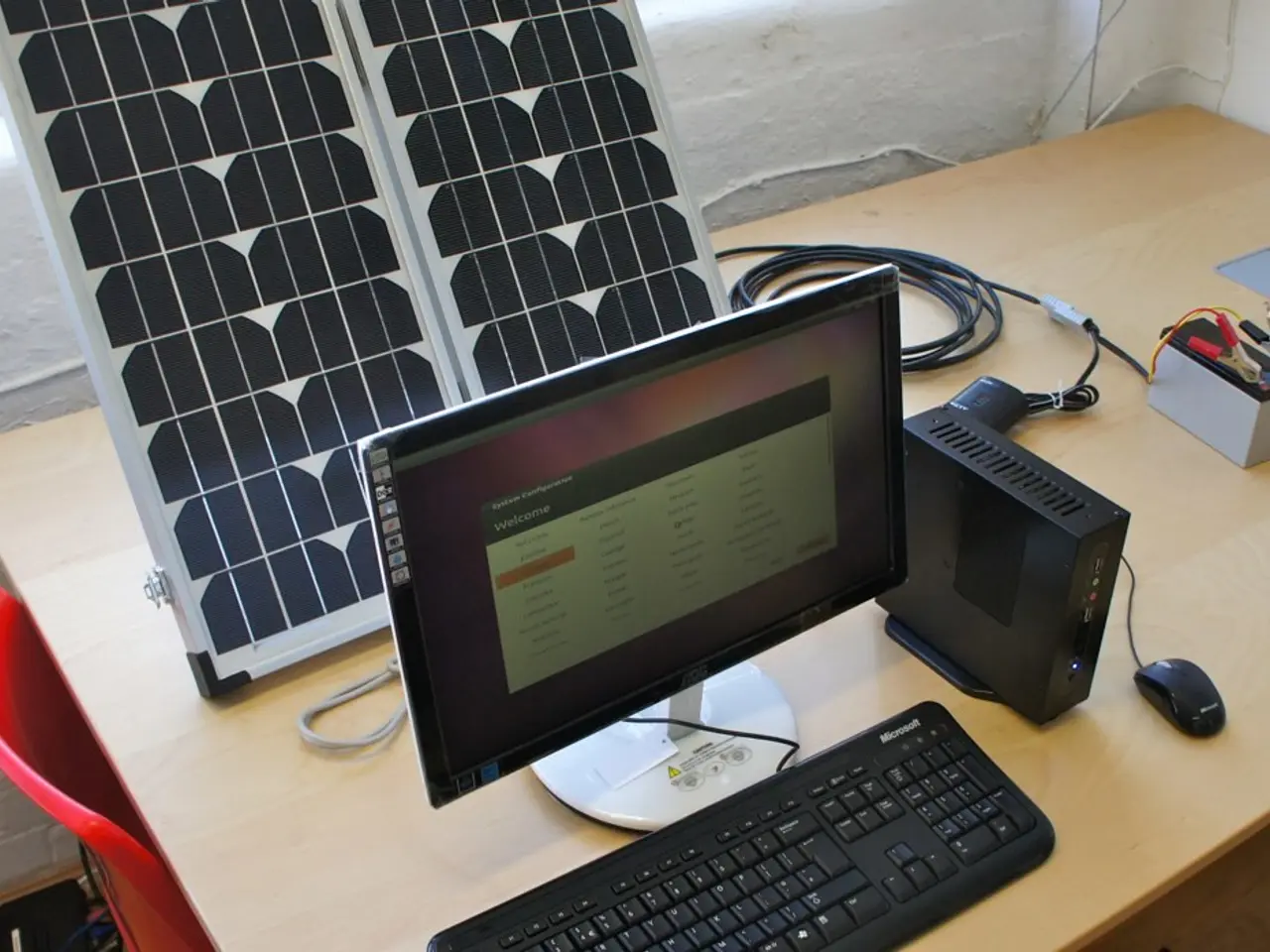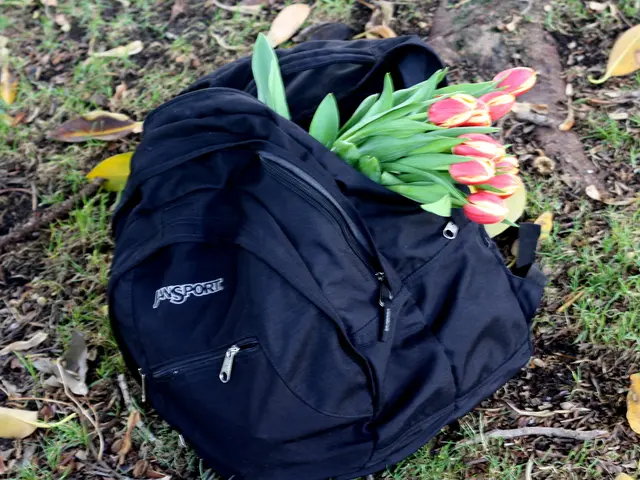Selecting the Appropriate Lithium Battery for Your Inverter
Choosing the Right Lithium Battery for Your Solar Power System
When it comes to powering your home or RV with solar energy, selecting the right lithium battery is crucial for efficient and safe operation. Here are some key factors to consider when making your choice.
Inverter Compatibility
The first step is to ensure the lithium battery is compatible with your solar inverter. This includes matching communication protocols such as CAN, RS485, or Bluetooth to enable smooth integration, energy management, and monitoring.
Capacity and Power Requirements
Accurately calculating your energy storage capacity (kWh) based on daily electricity consumption, peak load, and desired backup duration is essential. The battery's continuous and peak discharge power (kW) should also support the number of appliances running simultaneously.
Battery Chemistry and Safety
Lithium iron phosphate (LFP) batteries are a popular choice for residential solar use due to their chemical stability, excellent safety, long lifespan, and cost-effectiveness compared to other lithium chemistries.
Efficiency and Cycle Life
Lithium batteries offer high round-trip efficiency (90–95%), minimizing energy loss during charge/discharge cycles. They also feature a long cycle life (over 6,000 cycles at 80% depth of discharge), reducing lifecycle costs and replacement frequency.
Physical Size and Weight
Lithium batteries have a higher energy density than lead-acid batteries, offering 2-3 times the chemical energy density. This translates to smaller volume and weight, making them ideal for limited space installations.
Warranty and Reliability
Choose batteries with robust warranties and proven performance records to ensure maximum return on investment and operational reliability.
System Design Considerations
Integrators should consider energy losses from inverters and battery charge/discharge inefficiencies, and include safety margins when sizing battery capacity and PV arrays to guarantee reliable operation across varying weather conditions.
Space Constraints and Installation Environments
Space constraints and installation environments play a major role in battery selection. Factors such as available space, capacity requirements, and future expansion needs should be considered when deciding between wall-mounted and stack-mounted batteries.
Battery Communication and Monitoring Features
Battery communication and monitoring features can provide valuable information about the battery's performance, such as state of charge, remaining capacity, and temperature. This can help optimize the solar system's efficiency and longevity.
Communication Protocols
When choosing a battery, consider supported communication protocols as a crucial factor, especially in remote or hybrid setups.
Stackable Lithium Batteries
Stackable lithium batteries are ideal for off-grid cabins or hybrid homes, as they allow for scalable storage to support larger loads and longer autonomy.
Investing in the right battery will pay off in performance, safety, and long-term savings, whether you're installing a solar power system at home or upgrading the power supply in your RV.
- For a sustainable and efficient home-and-garden setup, factors such as inverter compatibility, capacity and power requirements, battery chemistry and safety, efficiency and cycle life, physical size and weight, warranty and reliability, space constraints and installation environments, battery communication and monitoring features, communication protocols, and stackable lithium batteries should be considered during the selection of a lithium battery for a solar power system.
- Incorporating sustainable-living technologies such as lithium batteries for solar power systems can contribute to an eco-friendly lifestyle, making a positive impact by reducing reliance on traditional energy sources and promoting energy independence.




